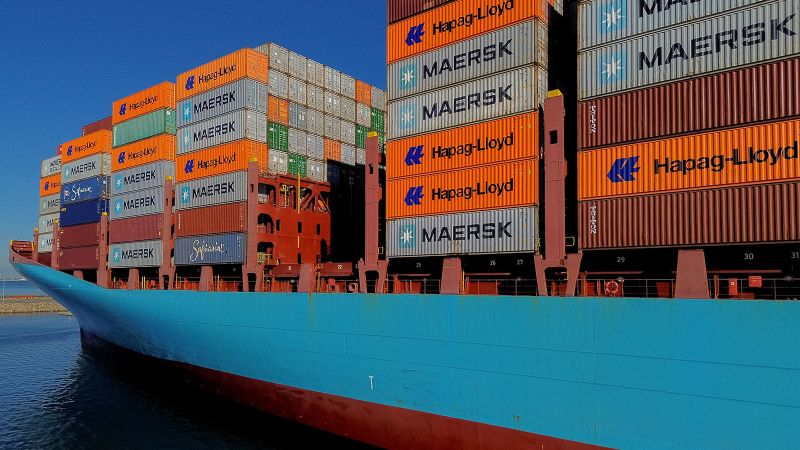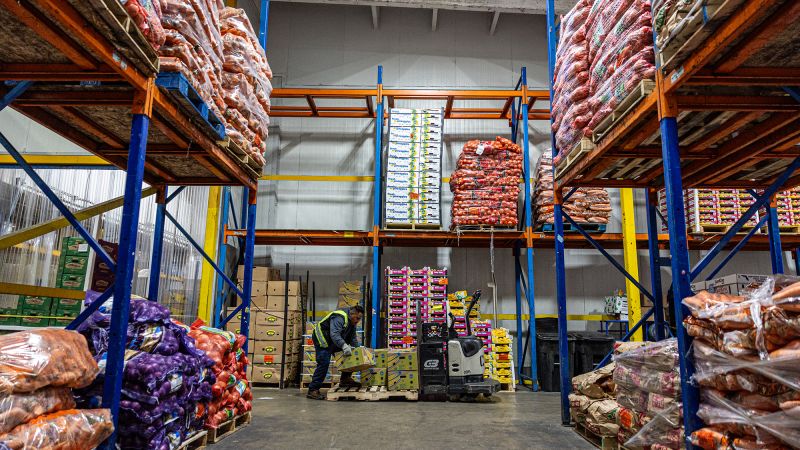
Walmart's Response to Tariffs and Trade Policies
Business | 8/21/2025
Walmart, a retail giant, is facing the impact of tariffs imposed during the Trump administration. The company’s financial reports reveal increasing costs attributed to these tariffs. Walmart’s Chief Financial Officer stated that the tariffs are contributing to higher prices for consumers, affecting a wide range of products.
The tariffs are part of the broader trade policies enacted by the Trump administration. These policies have sparked debates on their effectiveness in addressing trade imbalances and protecting domestic industries. While some argue that the tariffs are necessary to safeguard American jobs and industries, others criticize them for raising prices for consumers and creating uncertainty in the market.
In response to the tariffs, Walmart has been exploring various strategies to mitigate their effects. The company has engaged in discussions with suppliers to share the burden of increased costs. Additionally, Walmart has been monitoring consumer behavior closely to adjust its product offerings and pricing accordingly.
Analysts point out that the impact of tariffs on Walmart underscores the interconnected nature of the global economy. As one of the largest retailers in the world, Walmart’s experience with tariffs reflects broader challenges faced by companies operating in a complex international trade environment. The situation highlights the need for businesses to adapt and strategize amidst evolving trade policies and geopolitical dynamics.
Looking ahead, Walmart continues to navigate the effects of tariffs while striving to maintain its competitive edge in the retail market. The company’s response to the challenges posed by tariffs will likely influence its pricing strategies, supply chain decisions, and overall business performance in the coming months.


